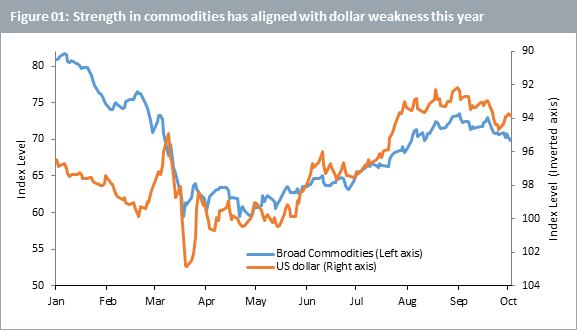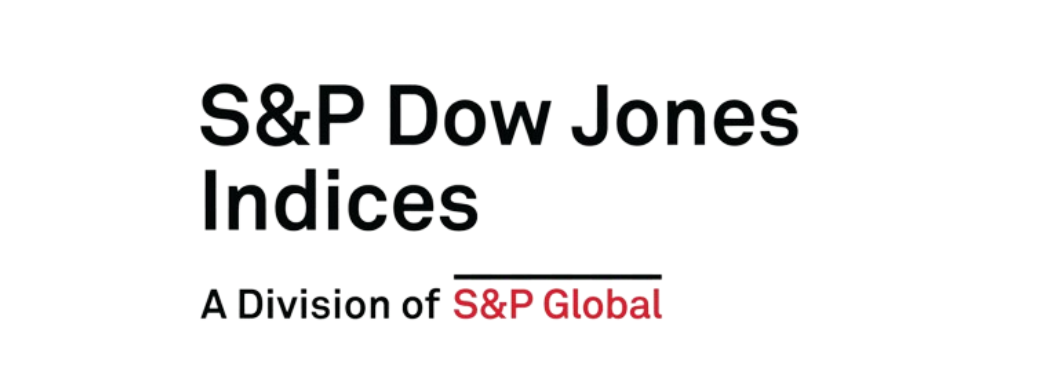Invesco’s broad commodity ETF saw over half of its assets pulled last week as concerns of a new demand hit from rising coronavirus cases weighed on commodity prices.
According to data from Ultumus, the Invesco Bloomberg Commodity UCITS ETF (CMOD) saw $604m outflows in the week to 2 October, the second highest across all ETFs listed in Europe, taking its assets under management (AUM) to $561m.
Athanasios Psarofagis, ETF analyst at Bloomberg Intelligence, said the trade was most likely one seller offloading their position over a few days.
“CMOD is a big bet on energy which has not been working recently,” he added.
The outflows come after a 3.6% fall in the S&P GSCI Energy sector in September as a spike in coronavirus cases impacted demand worldwide.
Oil prices were particularly impacted last week settling below $40 a barrel following news US President Donald Trump had tested positive for coronavirus.
Fiona Boal, head of commodities and real assets at S&P Dow Jones Indices, commented: “The oil market continues to emerge from the largest and most abrupt shock in its history, following the shutdown of the global economy caused by the Covid-19 pandemic.
“The focus has now shifted to the market rebalancing, as well as the longer-term question regarding whether the shock represents a temporary aberration or a structural shift in supply and demand dynamics.”
Last week’s outflows come two weeks after investors pulled a further $234m from CMOD and $280m from the iShares Diversified Commodity Swap UCITS ETF (ICOM) in the week to 18 September.
While commodity ETFs have seen outflows in the build-up to the US election next month, it is thought a victory for Democratic candidate Joe Biden will lead to a weakening of the US dollar, a move that tends to benefit commodities.
Commodities tend to have an inverse relationship with the US dollar as they are priced in the greenback which becomes more expensive for holders of other currencies.
In a research note, Alessio Rizzi, portfolio strategy associate at Goldman Sachs, said there were three reasons why the greenback would depreciate under Biden.
“One, a potential US corporate tax hike would make US Equity less attractive; two, large fiscal stimulus with a dovish Fed would also likely weaken; and three, foreign policy under a Biden administration should lower the risk premia in some currencies, especially the Chinese yuan,” he predicted.
Meanwhile, Mobeen Tahir, associate director, research, at WisdomTree, added the ultra-loose monetary policy from the Federal Reserve for this prolonged period was also putting pressure on the dollar.
“Dollar bears would point to short-term risks facing the economic recovery including second wave virus risks as well as election uncertainty,” Tahir added.

Source: WisdomTree, Bloomberg (data from 1 January 4 October)




